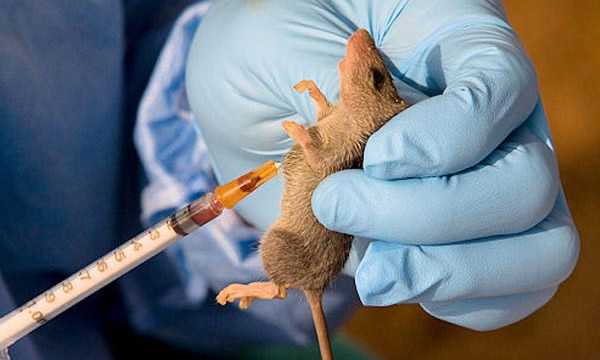
Roughly one year after the 2016 outbreak of Lassa fever, the Federal Government has confirmed the presence of the infectious disease in seven states. Affected states include Plateau, Nasarawa, Ogun, Ondo, Rivers, Taraba, and Edo. The National Centre for Disease Control (NCDC) has confirmed 19 cases of the fever in seven states and a total of six deaths so far. This year’s outbreak of the fever may spread to more states, if proper action is not taken immediately to prevent an epidemic.
Between mid-May 2015 and August 2016, 289 citizens were infected by Lassa fever, which caused the death of 154 patients. This huge loss of lives pushed the NCDC to create a Lassa Fever Eradication Committee under the leadership of a former WHO virologist, Prof. Oyewale Tomori, to provide clues on how to prevent future outbreak of the disease. The committee had made recommendations to the government well ahead of this year’s dry season. What could have prevented full implementation of the committee’s recommendations?
The acknowledgment by the chairman of the committee that Lassa fever is not seasonal but perennial in the country is alarming: “If you are not hearing of new cases, it is not that the disease is not occurring, but because our disease surveillance is not up to par. We deceive ourselves that it’s a seasonal disease, but the fact remains that it occurs throughout the year. At least, three people are diagnosed of Lassa daily somewhere in the country.” It is worrisome that the country still plays host to a disease that has been around for decades and whose prevention methods had been identified by the World Health Organisation. It is also a matter of grave concern that at a time that the country is about to overcome the danger of malaria, Lassa fever, another preventable disease, is fast becoming a mass killer.
We believe that citizens should have heard many reassuring words about eradication of Lassa fever long enough. Time is ripe for government at all levels, especially a Federal Government that came to power on the promise to improve health care, to give Lassa fever the attention it deserves. There are both short-term and long-term interventions that call for urgent attention.
On the short-term side, the current spreading of the fever has to be arrested through provision of efficient surveillance units in each state and the FCT. There is need for deployment of doctors to states with special needs in the fashion of Médecins Sans Frontières (Doctors Without Frontiers). It is shameful that citizens are dying and that more may die of infections caused by rats in the 21st century.
On the long-term side, the country needs to invest in research and production of Lassa fever vaccine solely or in collaboration with other countries that are already working in this area. The federal and state governments need to implement policies to guard against the disease. Since this disease is preventable through proper personal and community hygiene, government must pay more than lip service to promotion of hygiene through health education and infrastructural support to citizens in economically depressed communities that are conducive to breeding of rats. Proper hygiene is difficult to achieve, particularly in urban communities that lack access to water and electricity.
The Minister of Health had the right words about this year’s outbreak of Lassa fever:”I call it an embarrassment because as a nation we cannot witness Lassa fever every year; it is rather abnormal for a nation that has resources like we do to be witnessing such epidemic… We have lived in a state of denial of the disease, we handle it with characteristic laxity, laissez-faire, negligence, sloppiness, slackness, disregard, triviality and freewheeling abandon.” The challenge is for the government to back the good words of the minister up with right actions, in the country’s interest.
END

Be the first to comment